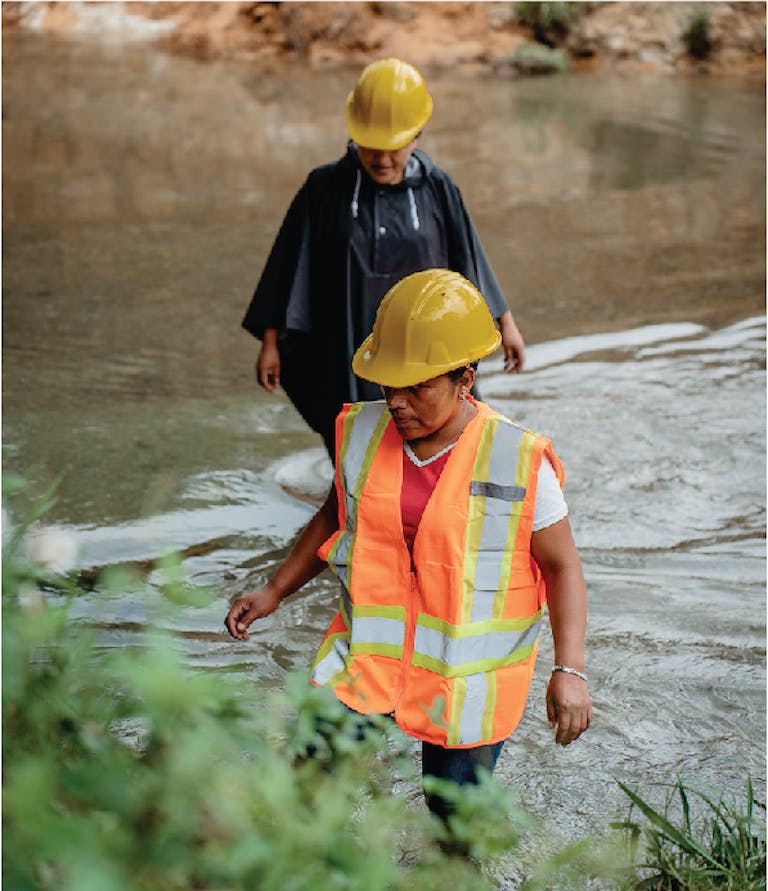EMERGENCY RESPONSE
Provide life-saving relief today!
When disaster strikes – hurricanes, droughts, fires, famines, epidemics, wars – it devastates people of all ages, leaving them unable to meet their basic needs for food, clean water and shelter. They often also need medical, mental and social health support.
FH is known to be a first responder to crises whether natural or man-made. We have relationships and systems in place to quickly respond when a crisis hits. Your support is what makes being crisis-ready possible because it allows relief to be mobilized as soon as possible.
WHY YOUR HELP IS IMPORTANT
Your support provides the means to prepare and expedite systematic delivery channels and the ability to purchase life-saving emergency relief supplies.
Often, staple foods, water, and supplies are needed on the ground in emergency situations before you can develop communication plans and fundraising campaigns. Your contribution now allows us to be ready to mobilize when disaster strikes, so dedicated emergency teams can provide immediate support.

How We Deliver Effective Disaster Relief
For more than 50 years, FH’s experienced disaster response personnel are located worldwide and can be mobilized within hours to respond to emergencies. We frequently have existing relationships in the places where we respond to crises. Because we’re already in communication with local families and leaders, we’re best equipped to respond first.
We work in partnership with community leaders, churches, NGOs, government agencies, and others to ensure aid is distributed where needed most, as quickly as possible. FH belongs to several international consortia, including Integral Alliance and Interaction, that help us channel funds and provide technical advice in specific crises.
In addition to addressing emergency needs during a crisis, FH is committed to building resilience so families and communities can absorb shocks and stresses in the future.
ACTIVE EMERGENCY RELIEF PROGRAMS
Your generous support helps assure that FH has the resources and abilities needed to rebuild communities, establish new livelihoods, and in many cases, restore the living conditions to better than they were before. In addition to addressing emergency needs, we then help build resilience to prevent future disasters from affecting them as profoundly.

